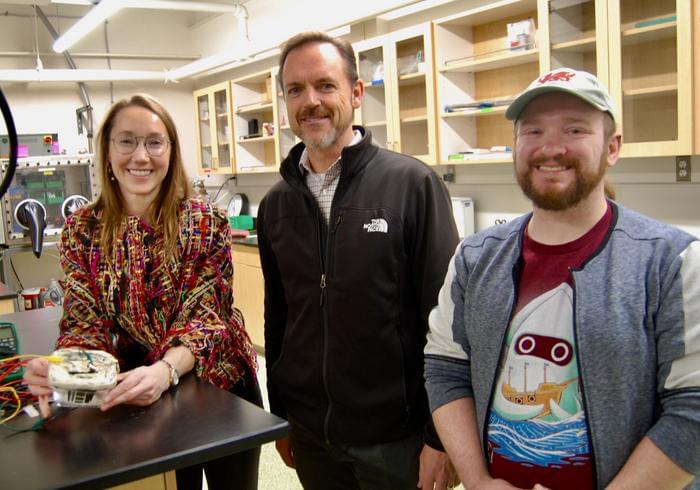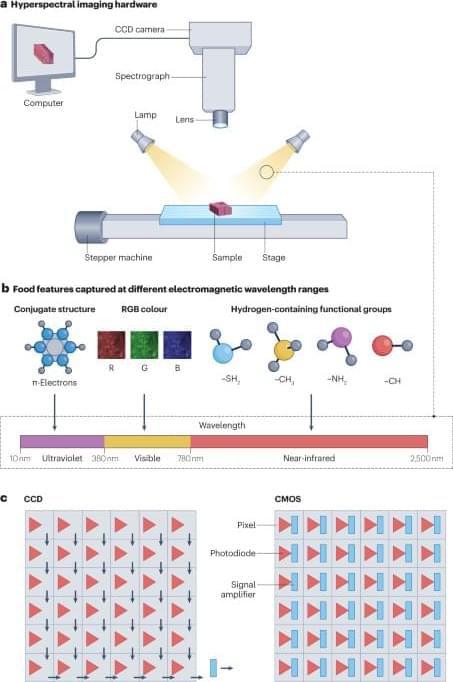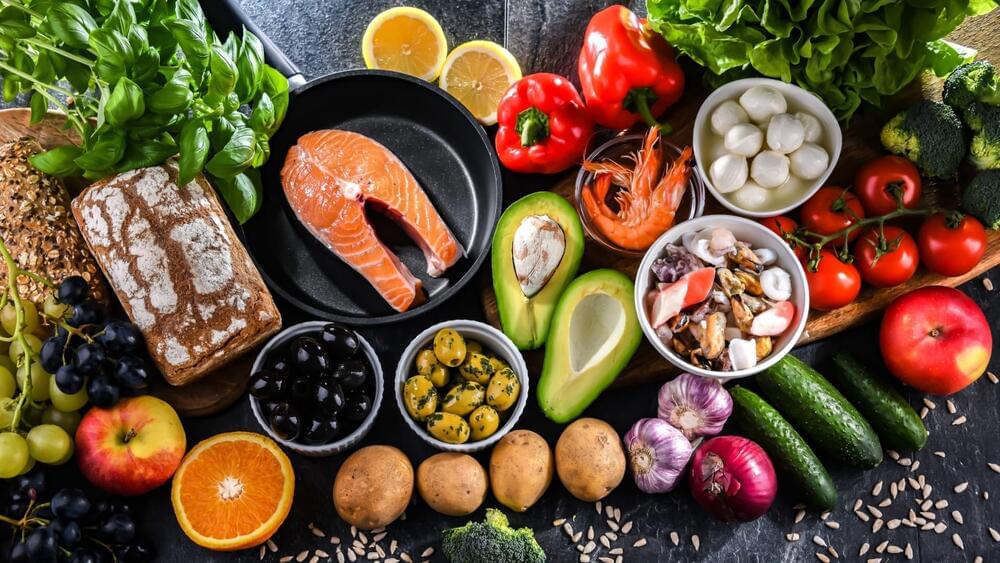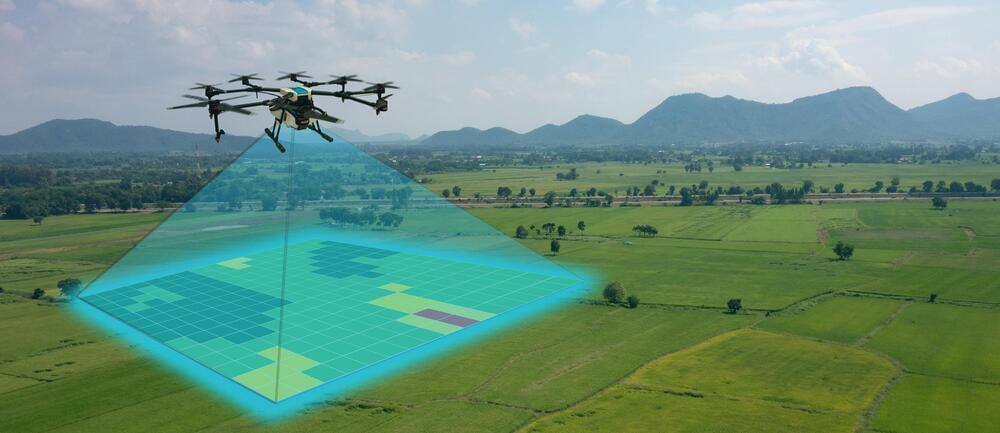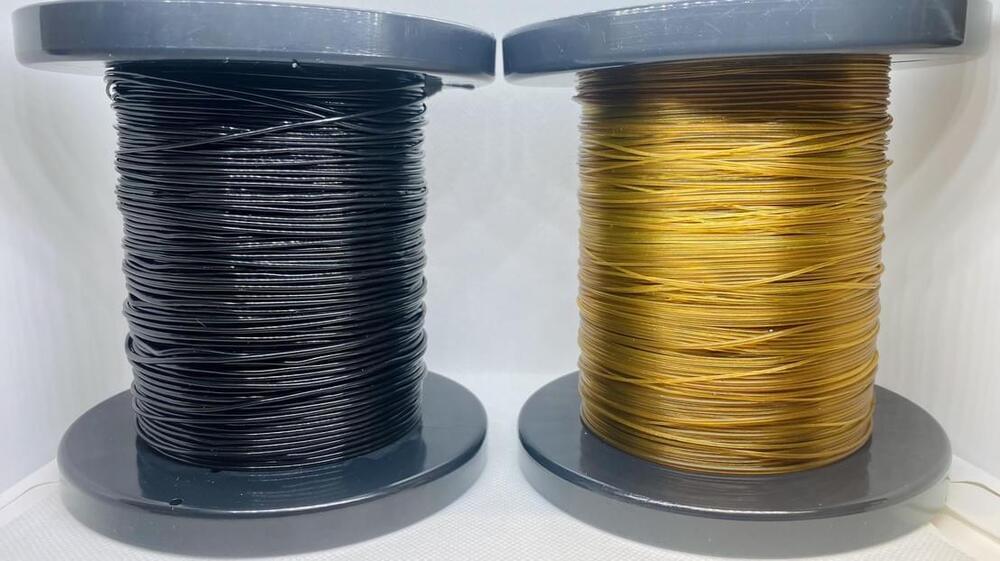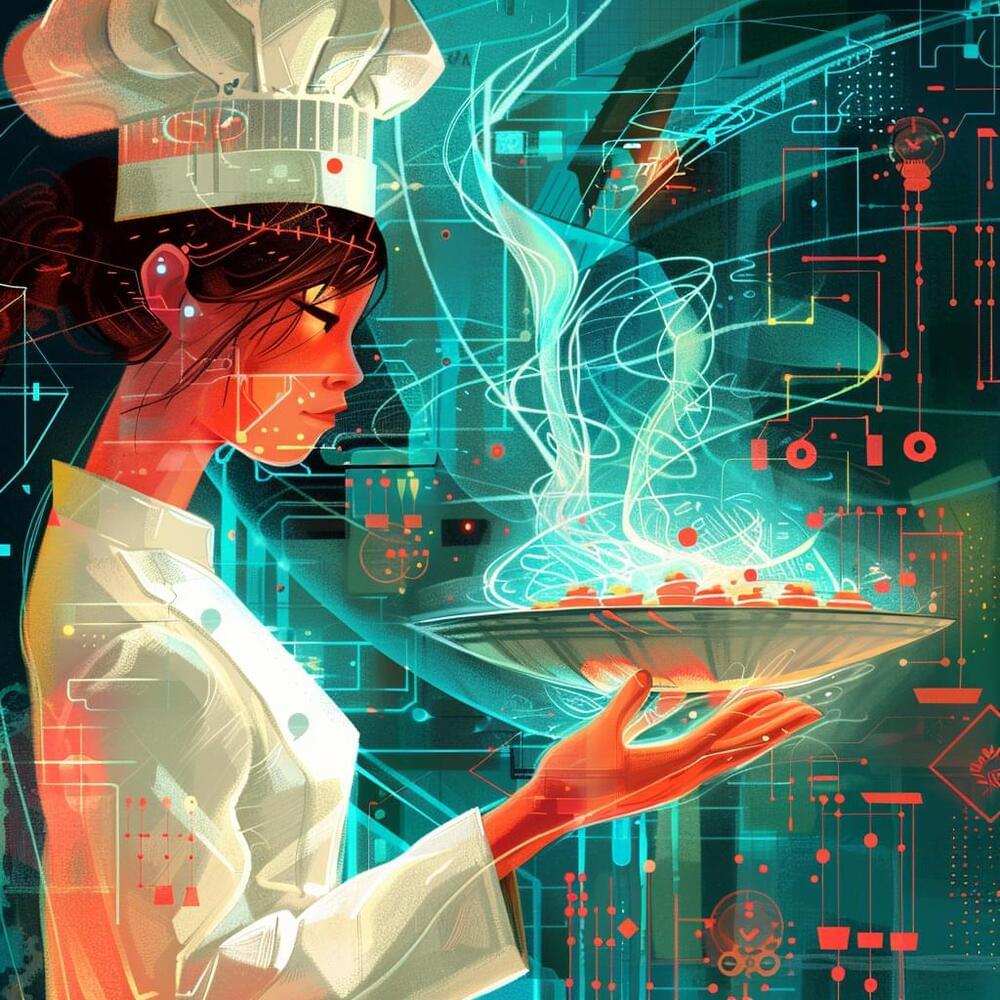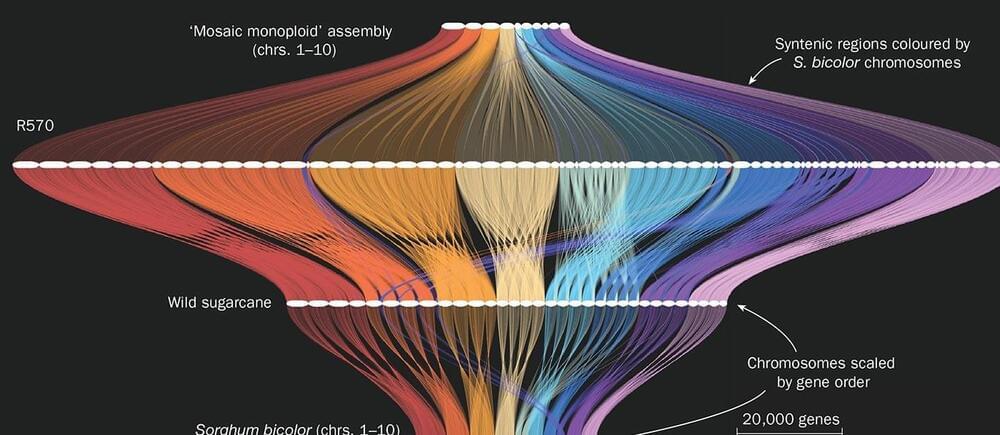Can you wirelessly power wireless devices, thus improving and advancing the technology known an “Internet of Things” (IoT)? This is what a recent study published in Energy & Environmental Science hopes to address as a team of researchers from the University of Utah investigated how pyroelectrochemical cell (PECs) could be used to self-charge IoT devices through changes in immediate surrounding temperature, also known as ambient temperature. This study holds the potential to help a myriad of industries, including agriculture and machinery, by allowing IoT devices to charge without the need for electrical outlets.
“We’re talking very low levels of energy harvesting, but the ability to have sensors that can be distributed and not need to be recharged in the field is the main advantage,” said Dr. Roseanne Warren, who is an associate professor in the Mechanical Engineering Department at the University of Utah and a co-author on the study. “We explored the basic physics of it and found that it could generate a charge with an increase in temperature or a decrease in temperature.”
